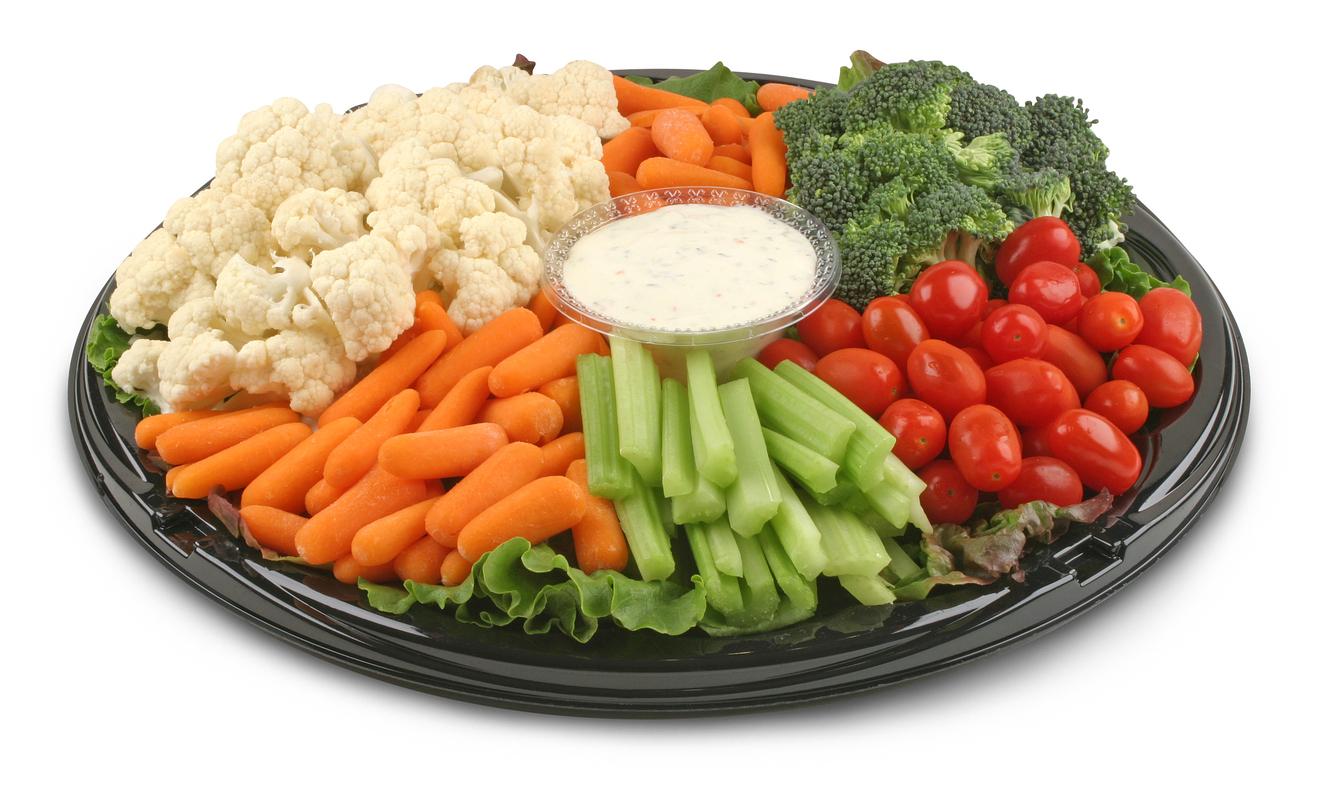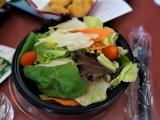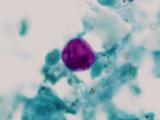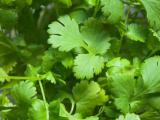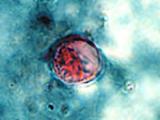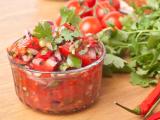The Centers for Disease Control and Prevention (CDC) said today in Morbidity and Mortality Weekly Report (MMWR) that this past summer saw a large number of Cyclospora cases across the United States linked to fresh produce.
In 2016, only 174 people because ill with cyclosporiasis, a disease caused by infection with Cyclospora cayetanensis, a pathogenic protozoan transmitted by feces or feces-contaminated food and water. Cyclosporiasis causes watery diarrhea, stomach cramping, and fatigue. In 2017, the number of confirmed cases rose to 632, but as of Oct 1 there have been 2,299 cases of the illness recorded in the United States.
"The 2018 outbreak season is noteworthy for multiple outbreaks associated with different fresh produce items and the large number of reported cases," the CDC said. "This increase might be due, in part, to changes in diagnostic testing practices, including increased use of gastrointestinal molecular testing panels. CDC is working with state public health partners to determine whether and to what extent changes in testing practices might have contributed to increased case detection and reporting."
Two major outbreaks over summer
The bulk of these cases occurred this summer. In May, June, and July, two multistate outbreaks involving fresh vegetables resulted in 761 laboratory-confirmed illnesses.
The first outbreak involved Del Monte vegetable trays (containing broccoli, cauliflower, and carrots) sold at Kwik Trip convenience stores. A total of 250 laboratory-confirmed cases were reported in people exposed to the veggie trays in three states. The supplier voluntarily recalled the vegetable trays.
In July, an outbreak that resulted in 511 illnesses was linked to salads (containing carrots, romaine, and other leafy greens) sold at McDonald's restaurants in the Midwest. The fast food chain voluntarily stopped selling salads at approximately 3,000 stores in 14 Midwest states that received the implicated salad mix from a common Fresh Express processing facility.
Several smaller outbreaks were also reported, including two basil-associated clusters of illnesses and a cluster of 53 cases related to cilantro served at Mexican restaurants.
The 2,299 lab-confirmed cyclosporiasis cases were recorded in 33 states in patients who became ill between May 1 and Aug 30. According to the CDC, approximately one-third of these cases were associated with either the convenience store chain outbreak or the fast food chain outbreak. At least 160 patients were hospitalized, but no deaths have been reported. The median patient age was 49 years (range, less than 1 to 103 years) and 56% were female (1,288 of 2,285).
"To reduce risk from most causes of foodborne illness and other contaminants, CDC recommends washing fresh fruits and vegetables with clean running water; however, washing, including use of routine chemical disinfection or sanitizing methods, is unlikely to kill C. cayetanensis," the CDC said. "Persons with diarrheal illness that lasts >3 days or who have any other concerning symptoms should see a health care provider if they think they might have become ill from eating contaminated food."
See also:
Oct 5 CDC MMWR study
